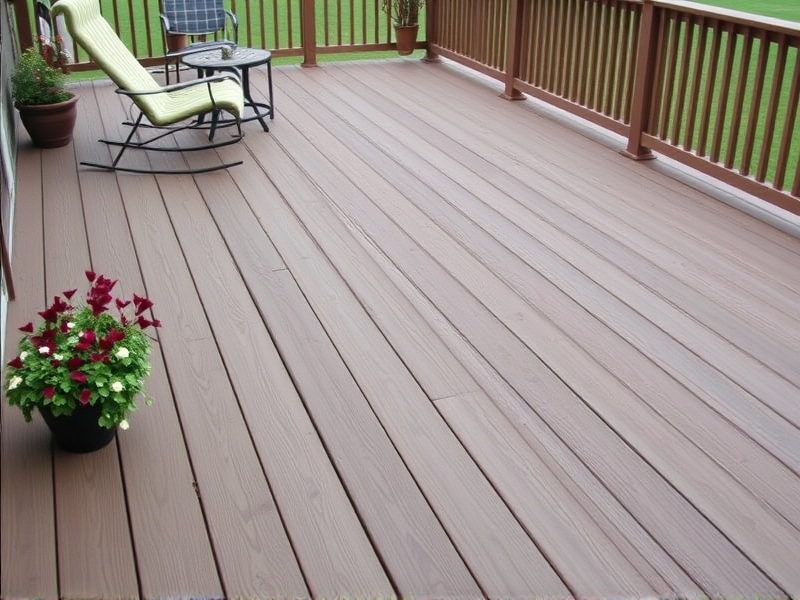Our Location
304 North Cardinal St.
Dorchester Center, MA 02124

Composite decking has become increasingly popular as a material for outdoor living spaces due to its durability and low maintenance requirements. However, like any construction material, it comes with its own set of advantages and disadvantages. In this article, we will examine the initial cost, labor intensity during installation, and the lifespan of composite decking compared to other decking options, such as wood and plastic. By understanding these factors, homeowners can make an informed decision about whether composite decking is the right choice for their project.
One of the primary considerations when choosing a decking material is the initial cost. Composite decking tends to be more expensive than traditional wood decking materials upfront. According to a study by The Spruce, composite decking costs between $3.50 and $8 per square foot, while pressure-treated wood typically ranges from $1.49 to $4.25 per square foot (The Spruce). However, it’s important to consider that the higher initial cost of composite decking may be offset by its longer lifespan and reduced maintenance needs.
The labor required for installing composite decking can also vary compared to other materials. While composite decking is generally easier to work with than natural wood due to its uniformity and resistance to splitting, it does require specialized tools and techniques for cutting and fastening. This might increase the labor cost slightly, but the ease of installation and lower risk of damage during the process can balance out these expenses. Additionally, the use of composite decking can reduce the need for frequent repairs or replacements, which can be a significant long-term benefit.
When considering the lifespan of different decking materials, composite decking stands out for its longevity. Unlike wood, which can rot, warp, or decay over time, composite decking is highly resistant to moisture, insects, and UV rays. A report by HomeAdvisor states that composite decks can last up to 30 years with proper care, significantly longer than the average lifespan of a wood deck, which is around 15-20 years (HomeAdvisor). This extended lifespan makes composite decking a cost-effective option in the long run, despite its higher initial price tag.
While composite decking may have a higher initial cost and require specialized installation techniques, its benefits in terms of durability and low maintenance make it a compelling choice for many homeowners. By weighing the initial cost, labor intensity, and lifespan of composite decking against other options, you can determine if it aligns with your project goals and budget.